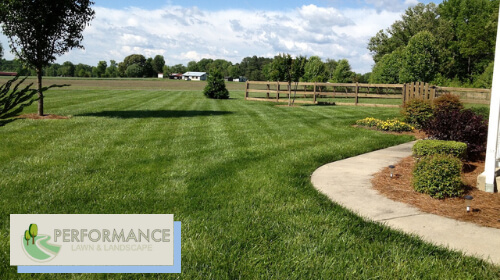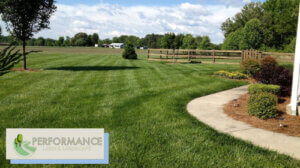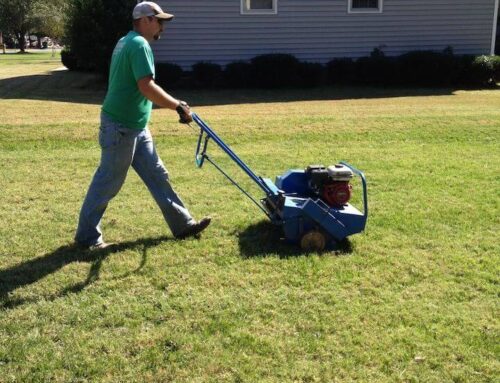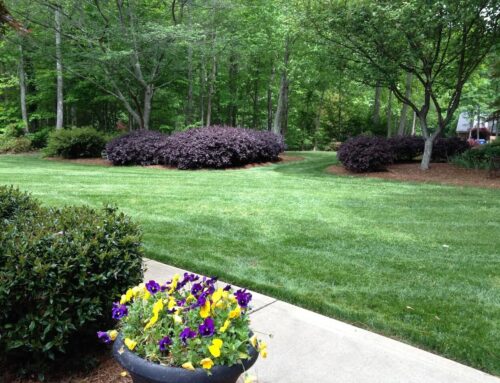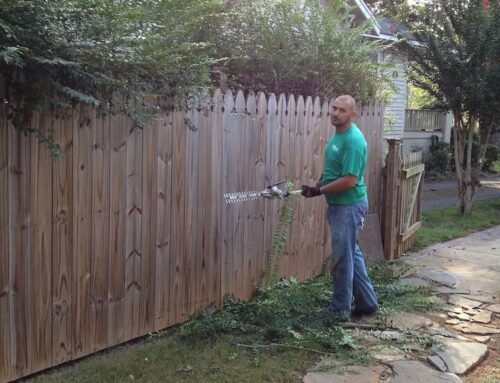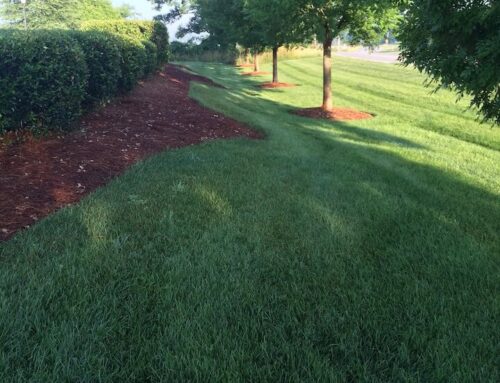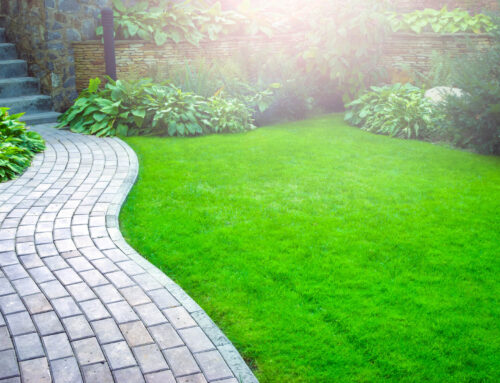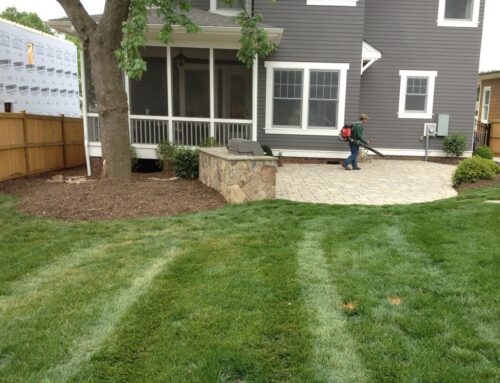As the temperatures drop and the snow begins to fall, your lawn will be looking a bit worse for wear. In addition to keeping your car in working order and stocking up on bread and milk, you must give some thought to winter lawn care during this time of year. This may seem like an unnecessary step, but neglecting your yard can lead to severe problems down the road, such as dead grass, brown patches, and even pest infestations!
Keep reading below for tips on how you can get started with winter lawn care today!
What Should I Do To My Lawn In The Winter?
Winter is the time of year when we prepare our homes for the harshness of winter and protect our outdoor spaces. The same should be done to your lawn, but you can do many different tasks depending on what kind of yard you have and how much money you want to spend. If your lawn has a lot of weeds or fungus problems, it might be best to apply weed killer or fungicide throughout the winter season. You will also need to ensure that all debris is cleared from your lawn, such as leaves and branches. For those with less problematic yards, simply raking up grass clippings and fallen leaves may suffice in cleaning up before winter comes. Regardless, these small steps will help prevent the disease from forming throughout the cold season:
- If you have a lawn, now is the time to put down straw or mulch
- Remove leaves and sticks from your yard
- Trim any overgrown bushes or trees that may be blocking light
- Don’t forget to water your plants in the winter months!
- Keep an eye out for pests like rodents and deer who may want to take up residence on your property – make sure you’re ready with traps, repellents, or fencing if necessary
- If you live in an area where snow falls heavily during the wintertime, it’s essential not only to shovel but also salt sidewalks and driveways before they become icy patches
7) Make sure all outdoor lights are off when it gets dark outside so as not to attract bugs
8) Clear debris from gutters and drains around your house so that water can flow freely away from your home
9) Get rid of clutter around the house, including old clothes, shoes, books etc…
When Should I Apply Winter Lawn Treatment?
As soon as the lawn turns brown in the winter, you should apply a winter lawn treatment. If your grass is still green and healthy-looking, you can wait until it starts to turn yellow or brown before using a product. Remember that if it’s too cold outside for you to walk in your yard without boots, then it’s too cold for your grass to get any benefits from fertilizer treatments. It would be best to consider waiting until after all of the leaves have fallen off of trees before applying an herbicide treatment because this will help prevent damage to plants that are sensitive to chemicals. The best time for fertilization is when at least one inch of rain is within three weeks. It’s important to water and fertilize during dry periods so that grass doesn’t die out due to a lack of nutrients.
Can You Fertilize Lawn In Winter?
Yes, you can fertilize during the winter. Early morning is the best time for lawn fertilizing because it allows the grass some time to dry before evening sets in. Don’t worry about getting your fertilizer too wet because nitrogen doesn’t come into the solution until it’s dried again, so if you water afterward that won’t be a problem.
If you fertilize at night, don’t use phosphorus on turf that has not been acidified with sulfuric acid or lime since this can lead to long-term damage to turfgrass leaves. Dark green patches appear first on the edges of leaf blades and gradually spread across the entire blade. Always read the instructions before applying any fertilizer!
Additionally, it’s best to wait until after the first snowfall for your winter lawn care fertilization. If you fertilize before the snow has a chance to settle, the fertilizer can work its way into layers of turf and cause damage. So as soon as the ground is hydrated and thawed enough to permit us access, we can come in and do your lawn care for this winter!
The coldness of winter slows down the growth of soil microbes that produce fertility for lawns. Lactobacillus, the bacterium that ferments milk to make yogurt and cheese, has enzymes that can liquefy organic matter like dead leaves under conditions that are too cold to decompose them. When conditions are right (above 60 degrees Fahrenheit), these bacteria will multiply in your lawn’s topsoil – converting the unhydrated leaves into rich plant nutrients.
The other critical factor is moisture levels in the air and water collected on the surface of your turf area during precipitation events. These rainfall events need to be frequent enough so long as they don’t get washed away by runoff before they penetrate your lawn’s root.
Brilliant Ways to Get Your Lawn Ready for Winter
Fall is in the air, and before you know it, snow will be falling from the sky. But don’t despair – there are plenty of ways to prepare your lawn for what’s coming. Here are some tips on how to get your lawn ready for winter!
- Remove all leaves from your lawn
- Pick up any sticks, rocks, or other debris that may have blown onto the grass
- Trim any overgrown bushes and hedges to keep them looking neat
- Clear out any weeds in your garden beds
- Sweep away any dirt and small pebbles that may have collected on the walkways leading to your house
- Put down a fresh layer of mulch around trees and shrubs to help retain moisture in the soil beneath them during dry spells.
- Remove any outdoor furniture that can collect water
- Mow grass
- Finish fertilization
Call us when the snow is falling and it’s time to get your lawn ready for winter. Our professional team will provide you with all of the required services, including mowing, fertilization, weed control, insect control, and more. You can feel secure knowing we’ll be providing a complete service plan, so your grass stays healthy during this cold season! We want to help you maintain a beautiful yard year-round. Call Performance Lawn &Landscape if you need any winter lawn care services done in Charlotte, NC.

